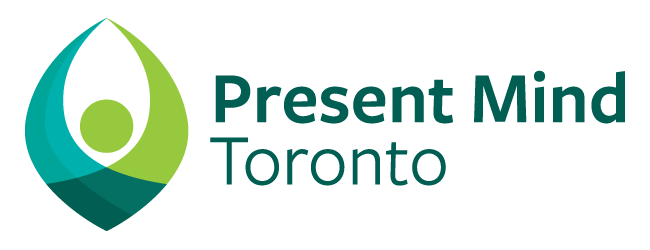Flip the Script: Interview with Drew Stapley, MEd, RP
What I love about being a therapist is straight up being able to help people and how I like to do that is be the person that people can talk to and know they're going to be not just listened to but heard. And not just given solutions right away, but understood, and ensure that we're on the same page, which is what I really try to do.
I try to be in there with you, whatever you are going through. Whatever it is, I want to try to understand it the best I can, and show you that I have understood it and that I'm not just prescribing advice. I'm here to work with you to gain insight into what's going on and collaborate with you. And really to help you be the one to solve your problem, and to empower you to get through the things that have been holding you back maybe for years.
I typically work with adults, and the main populations within that that I work with are people who are experiencing people-pleasing, assertiveness issues, procrastination, relationship issues, communication issues, setting boundaries issues, people who are trying to deal with ADHD, people who deal with anxiety and depression. Those are a good starter set of issues that I work with, but like really, any presenting issue, if I feel that we have a good connection, I am happy to try and help you through it and get on the same page as you.
I mainly derive from a few treatment modalities, and those are CBT, DBT, EFT, and Mindfulness. In any given session, set of sessions, or whole body of work of sessions with a client, I like to delve on multiple therapy types and weave those different aspects into sessions in different ways. And really just try to meet you where you're at in terms of what you need, what I think would be helpful, and what our thinks could be helpful as well.
My main philosophy of therapy is that if someone has a safe and comfortable space to talk through things, that they will work towards getting through the issues that have been holding them back, first and foremost. To allow you to share, to allow you to be comfortable really diving into things. Right, not just expressing how you feel about it in the moment, but how you've felt about it for a long time. Those feelings and thoughts that you haven't wanted to share with anyone else. My philosophy is that if you can share those, then the insight will come, and the barriers will eventually seem less overwhelming. And I think once that's been established, then we can decide what modality is best, what treatment technique is best, and I'm happy to jump into those when the time is right.
